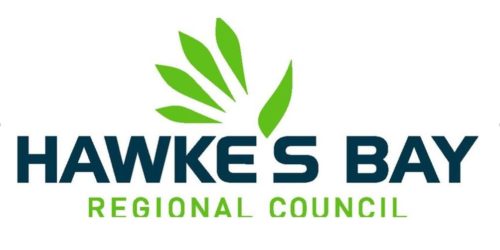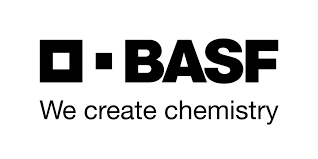
The 2019 Conference covers, as always, a range of topics. Here, we take a look at weeds: the speakers, the topics, the demonstrations and the opportunities.
We are part of a large, five year Ag Research programme addressing herbicide resistance in weeds. Programme Leader, Trevor James is well known to the LandWISE community having supported our efforts since the beginning. He first put together the LandWISE “Avoiding Herbicide Resistance” chart when we were investigating reduced tillage systems in the early 2000s.

At LandWISE 2019, Trevor will introduce the project and its four workstreams: Anticipating herbicide resistance, Drivers of decision making to change practice, Quick tests for identifying resistance and Managing herbicide resistant weeds and controlling their spread.

Andrew Griffiths, also from AgResearch, will explain his team’s research looking for genetic markers to enable quick tests for resistance. At present, seeds have to be collected, new lines grown and plants exposed to increasing rates of chemical – a process that takes a long time. Success by Andrew’s team will offer a much quicker turn-around and reduce the cost of testing.

Frank Forcella, one of our overseas guest presenters, investigates and shows how conventional and modern weed management tools can turn theory into practice. From the University of Minnesota, Frank is part of the AgResearch project team. At our conference he will talk about using air-blasted farm-sourced grits to abrade weeds.

Also well known to LandWISE members is Charles “Merf” Merfield, a non-herbicide weed management researcher and practitioner from the Future Farming Centre in Canterbury. Currently undertaking an electric weeder development project, at LandWISE 2019 Merf will address electrical and thermal weeding technologies.

The Conference Practical Session also has a weed management section with a number of demonstrations. Look for row alignment technologies from Inta-Ag and Tulloch Farm Machines, Hot Foam from Weeding Tech and Farnk Forcella’s abrasion technologies from the University of Minnesota.
Note also, the Special Technical Session for lead farmers, researchers and technologists on Friday 24th after the Conference. This by-application event, “New Strategies to Manage Weeds”, will build on the ideas discussed at the Conference.
If you would like to join a small group of lead farmers, researchers and tech developers to discuss this topic, debate alternatives and explore opportunties for collaboration Click here to apply!
















 In conjunction with Kazel Cass at
In conjunction with Kazel Cass at 
 Charles Merfield is leading a proposal to develop equipment in conjunction with
Charles Merfield is leading a proposal to develop equipment in conjunction with 
 Approaches to the non-chemical / sustainable management of weeds
Approaches to the non-chemical / sustainable management of weeds